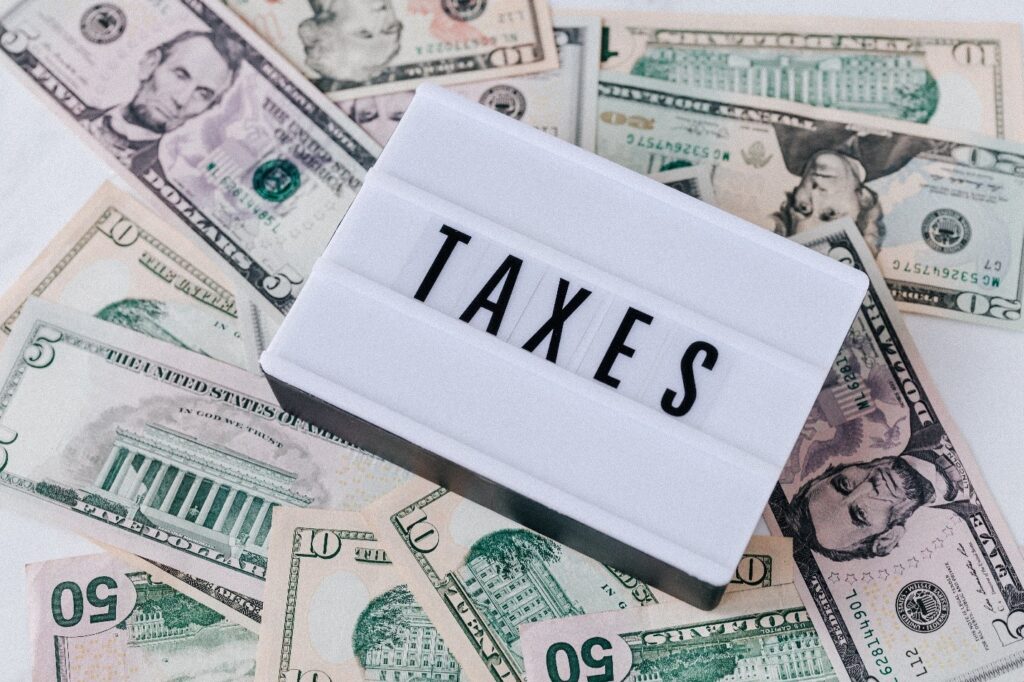In a world where the rich get richer and the poor struggle to make ends meet, the debate over wealth taxation is more relevant than ever. The idea of a progressive wealth tax, which levies higher taxes on the super-rich, has been a subject of heated debate in recent years. As wealth inequality continues to rise, it’s time to consider whether such a tax is not only necessary but also morally justifiable.
The wealth gap is staggering, and it’s only getting wider. The world’s billionaires have seen their wealth skyrocket during the COVID-19 pandemic, while millions have lost their jobs and homes. The pandemic has highlighted the extreme disparities in our society, and a progressive wealth tax could be a vital step towards rectifying this imbalance.
The wealth tax is opposed on the grounds that it discourages diligence and creativity. The theory behind this is that high taxes on the wealthy will deter them from making investments, generating employment, and promoting economic expansion. This argument, however, is not persuasive. Rich people invest to increase their wealth rather than only to avoid paying taxes. All a progressive wealth tax would do is make sure that some of their enormous fortunes are put back into the same society that helped them succeed.

Additionally, some claim that a wealth tax is too difficult to administer effectively, yet this is not an insurmountable obstacle. A wealth tax can be just and effective if the correct procedures are in place, such as appropriate techniques of valuation and enforcement. Furthermore, history has demonstrated that it is feasible. Wealth taxes can be successfully applied without leading to an economic collapse, as demonstrated by the cases of Norway, Sweden, and France.
The most significant criticism, however, is that a wealth tax is tantamount to punishing success. This argument rests on the notion that wealth is solely the result of individual effort and should not be “redistributed” by the government. While individual initiative undoubtedly plays a role in wealth accumulation, it is naive to disregard the systemic advantages and privileges that often underpin this success. A progressive wealth tax seeks not to punish success but to address these disparities and ensure a fairer playing field for all.
The moral obligation that a progressive wealth tax represents is among its strongest arguments. Is it morally acceptable for a small group of people to amass unfathomable wealth in a society where many people cannot afford basic healthcare, where homeless people sleep on the streets, and where children go hungry before bed? It’s challenging to defend such disparities as equitable or fair.

Furthermore, it is becoming less and less credible to argue that the wealthiest are already paying their fair share in income taxes. Rich people can reduce their tax obligations by taking use of various credits, deductions, and offshore tax havens. This implies that the middle class and lower classes bear a disproportionate share of the cost of providing essential public services, such as healthcare and education. To guarantee that the rich make their fair share of contributions, a progressive wealth tax could assist counterbalance this load.
The wealthy taxpayer’s dilemma is a pressing issue in our society. The ever-growing wealth gap is unsustainable and unjust. A progressive wealth tax can help address this imbalance without stifling innovation or punishing success. It is not only a practical solution but a morally justifiable one.
Sources




